Today’s educational system must evolve dramatically, writes work and education expert Michelle R. Weise. She argues that the future of work hinges on meeting the learning needs of an unconventional, older generation of workers, who will enjoy longer careers as human life spans increase. Her compact text is filled with well-researched suggestions for improving the nontraditional education-to-work pipeline. Weise’s look into the future of employment and the current shortcomings of education pairs the logic of a how-to book with a heartfelt tone that underscores her passion for her subject.
Education must keep pace with the needs of employees, who are living and working longer.
Overall, people are healthier than ever and looking forward to living 100 years. Workers who are, today, over the age of 55 are choosing to remain in the workplace far longer than previous generations, and will transition between numerous jobs in order to maintain an income and enhance their careers. As humans live longer, average workers will remain on the job well into their 70s. The challenge to this otherwise positive turn of events: The job market must, inevitably, undergo radical changes in the coming decades. Indeed, the top jobs five years from now may not even exist today.
Continuing education lies at the heart of this development and is the key to keeping older workers employed longer. The average four-year college degree will not suffice for a lifetime’s worth of career developments. In short, for older workers to be considered competitive in the job market, they must be given the tools to access information and ongoing training through programs that presently do not exist...
Michelle. R. Weise, PhD is an entrepreneur-in-residence and senior adviser at Imaginable Futures. Her writings on the future of work and education have appeared in The Economist, The Wall Street Journal and Harvard Business Review.








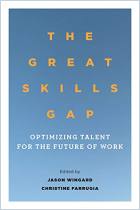
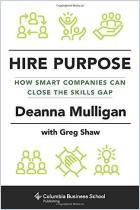
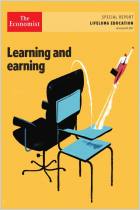
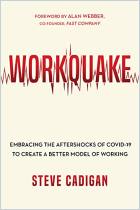
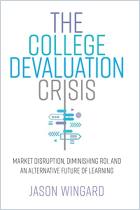
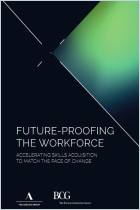







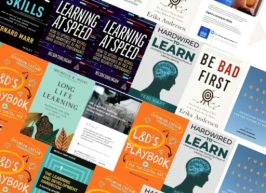
Comment on this summary or Start Discussion